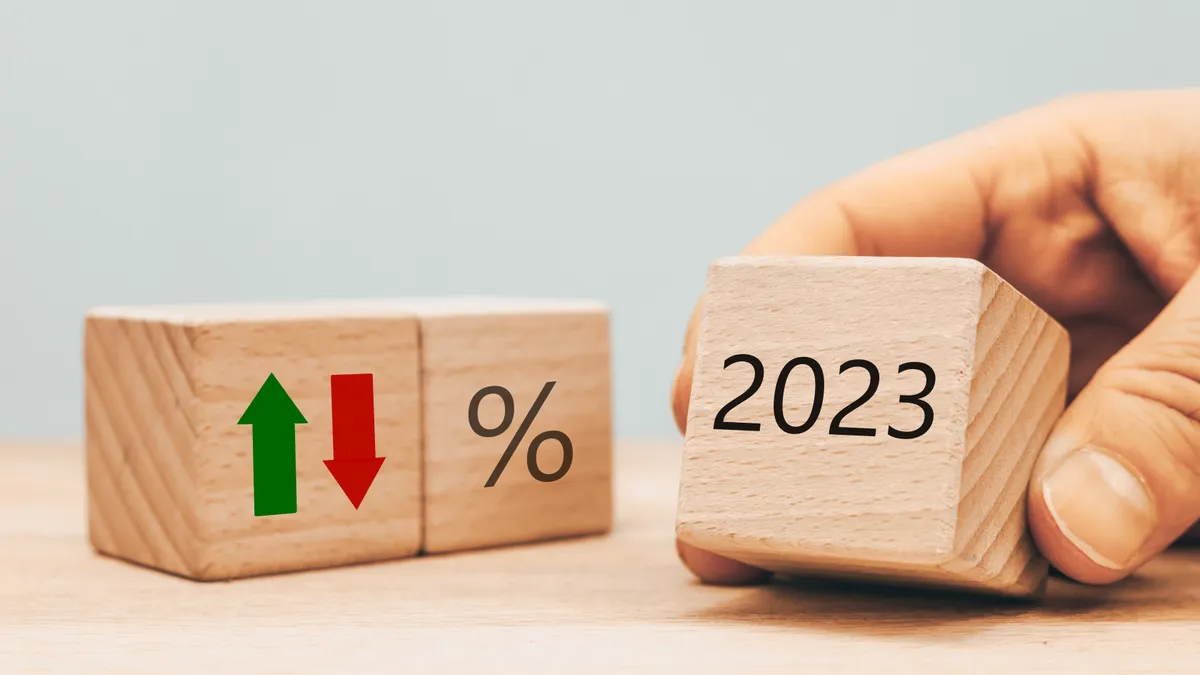The government should tackle persistent inflation through additional quantitative tightening, according to Karen Karniol-Tambour, co-chief investment officer of hedge fund Bridgewater Associates.
“We need another round of tightening in order to slow growth more … to get the inflation outcomes that are acceptable,” Karniol-Tambour said at a virtual event hosted by the Economic Club of New York on Monday.
At the same time, there is risk in too much tightening as well, she said. “A stickier than expected inflation, where more tightening is forced upon us to handle it … ends up being bad for both stocks because you've got to slow the economy and [bad for] bonds because inflation is higher than expected,” she said.
Quantitative tightening, a process linked to higher interest rates whereby the Federal Reserve reduces the size of its asset portfolio, is effectively the opposite of the roughly two-year period of quantitative easing under which the Federal Reserve purchased securities to increase liquidity which ended in March of last year,
The Fed has been shrinking its balance sheets from a peak of near $9 trillion, a quantitative easing approach designed to dampen inflation by using higher borrowing costs to slow economic growth and “temper” inflation, according to a U.S. Bank report released earlier this month.
But a long-held assumption among investors — that U.S. stocks will continue to perform well — could get challenged in a new environment, she added. Karniol-Tambour, who was appointed to the co-CIO role in February, suggested measures to counter inflation affect both stocks and bonds, making the core holdings of investors less attractive.
“For a couple of decades, if you basically just held U.S. stocks, you did great… it's not hard to think about scenarios where things change, you have to outperform so much relative to what's already in the price,” she said.
On COVID-19 stimulus payments, Karniol-Tambour said the move was a necessary step at the time, but policymakers now need to focus on managing current challenges.
“We did incredible work to limit what the effects [of the pandemic] could have been, and you see around the world that it mattered how proactive governments were in terms of supporting households through it,” she said. “Since then, I don't think we've been proactive enough and saying ‘Now it's time to tighten conditions. Now it's time to get inflation under control.’”
Bridgewater developed a process that examines both qualitative and quantitative implications of geopolitical events. An unpredictable geopolitical environment makes continually assessing the consequences of such events on an ongoing basis a priority for investors, she said.
“Think about all the ways that this weekend's events in Russia could have gone in a lot of different directions, [and] could still go in a lot of different directions,” she said. “That just opens up the aperture for investors to have to look at different possibilities about what might happen geopolitically and how it will hit all the assets they hold.














